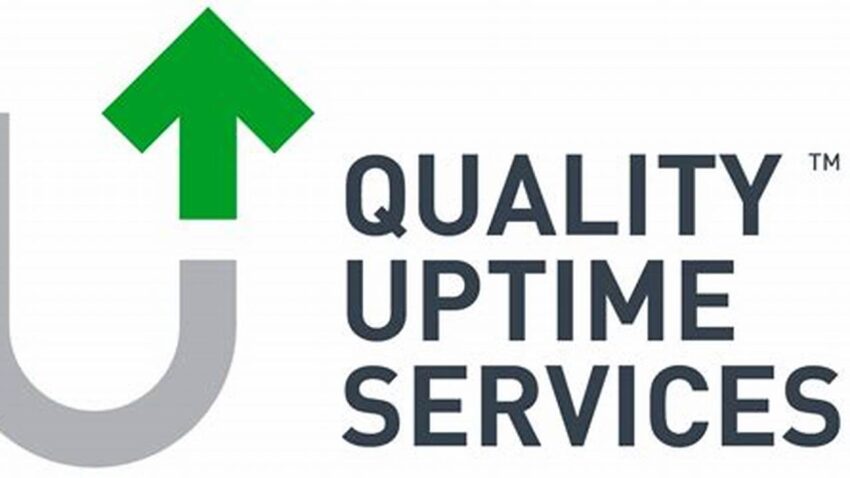In today’s interconnected world, reliable access to digital services is paramount. Businesses and individuals alike depend on consistent availability of online resources, applications, and data. Downtime can lead to significant financial losses, productivity disruptions, and reputational damage. Choosing a provider committed to ensuring consistent service availability is crucial for success.
Importance of Service Reliability
Consistent access to essential services enables uninterrupted workflows and maintains business continuity.
Minimizing Financial Losses
Preventing downtime avoids lost revenue, productivity decreases, and potential recovery costs.
Enhanced Productivity
Reliable services allow teams to work efficiently and without interruption, maximizing output.
Protecting Reputation
Consistent uptime builds trust with customers and reinforces a professional image.
Supporting Business Growth
Reliable infrastructure enables scalability and supports expansion into new markets and opportunities.
Data Security and Integrity
Providers with robust uptime solutions often prioritize data protection and security measures.
Improved Customer Satisfaction
Uninterrupted service access leads to positive customer experiences and fosters loyalty.
Competitive Advantage
Reliable service delivery can set a business apart from competitors struggling with downtime.
Reduced Stress and Frustration
Knowing services are consistently available reduces stress for both employees and customers.
Focus on Core Business Objectives
With reliable services in place, businesses can focus on strategic initiatives rather than troubleshooting technical issues.
Tips for Evaluating Service Providers
Thorough Research: Investigate a provider’s track record, infrastructure, and service level agreements (SLAs).
Redundancy and Failover Systems: Ensure the provider has redundant systems in place to minimize the impact of potential failures.
24/7 Monitoring and Support: Choose a provider offering continuous monitoring and readily available technical support.
Transparent Communication: Select a provider that communicates proactively about maintenance schedules and potential service interruptions.
Frequently Asked Questions
What are the key indicators of reliable service uptime?
Key indicators include the provider’s historical uptime percentage, their investment in infrastructure, and the clarity of their SLAs.
How can businesses mitigate the risks associated with downtime?
Mitigation strategies include choosing providers with robust redundancy systems, developing disaster recovery plans, and maintaining regular backups.
What role does proactive monitoring play in ensuring uptime?
Proactive monitoring allows providers to identify and address potential issues before they escalate into service disruptions.
What are the potential consequences of neglecting service uptime?
Neglecting uptime can lead to financial losses, reputational damage, customer churn, and hindered business growth.
How can I compare different providers’ uptime guarantees?
Carefully review each provider’s SLA, paying attention to guaranteed uptime percentages, response time guarantees, and compensation clauses for breaches of service.
What questions should I ask a potential service provider about their uptime capabilities?
Inquire about their historical uptime performance, infrastructure redundancy measures, incident response procedures, and customer support availability.
In conclusion, prioritizing services that guarantee high availability and minimal downtime is a critical investment for any organization or individual reliant on digital access. By selecting a provider committed to consistent uptime, businesses can safeguard their operations, enhance productivity, and cultivate a positive reputation.

